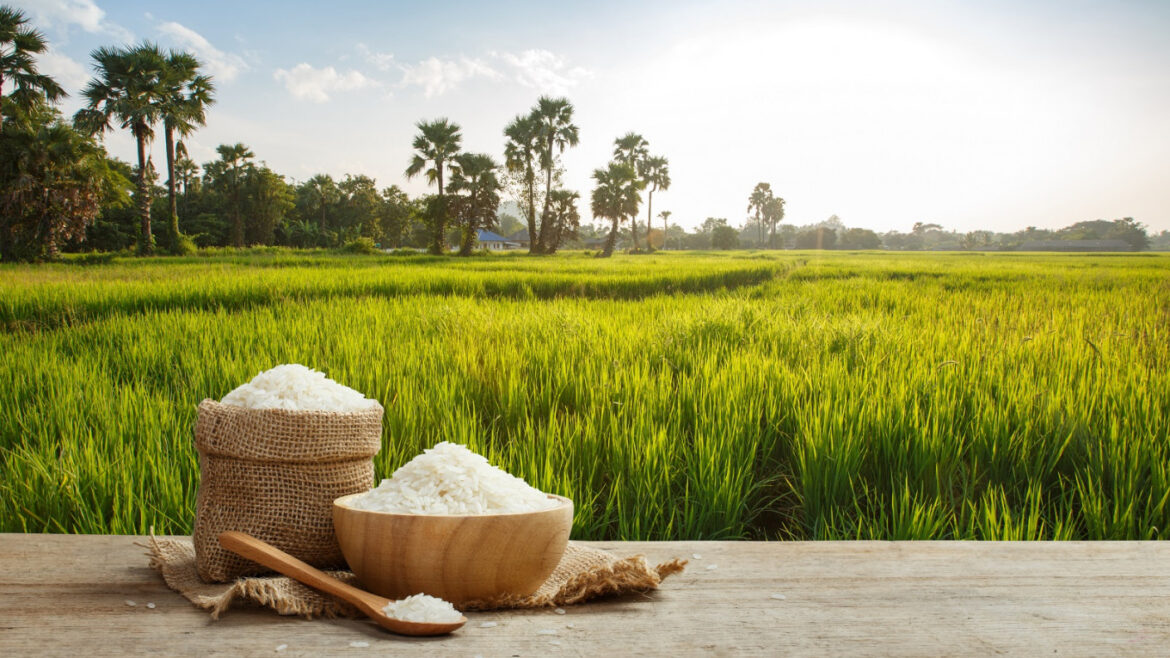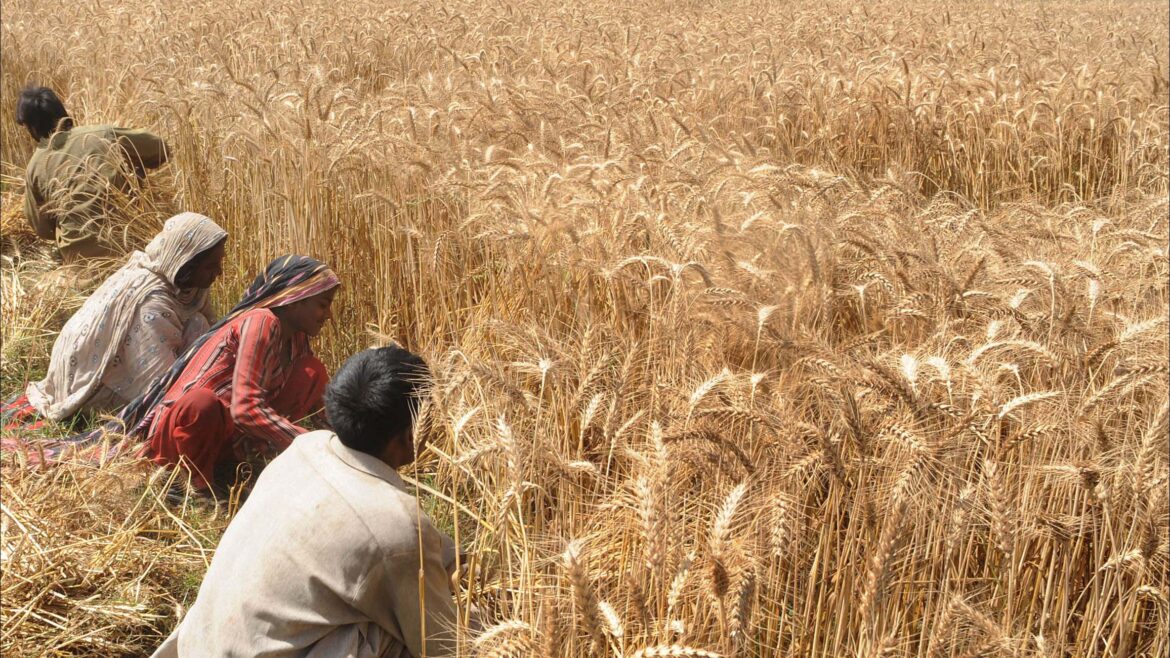For the first time ever, Pakistan reached an important goal by exporting $4 billion worth of rice in 2024. This big accomplishment shows how strong Pakistan’s farming industry is becoming, with rice—especially the famous basmati kind—leading the way. The Special Investment Facilitation Council (SIFC) was very important in making this happen, by encouraging new farming methods and more investments in agriculture.
The Role of Pakistan’s Basmati Rice in the Global Market
Pakistan’s basmati rice has always been famous for its high quality, which makes it very popular in other countries. This rice is known for its special smell and long grains, and it’s used in many kitchens around the world. Because of this growing demand, Pakistan’s rice industry has grown a lot, helping the country become a big player in international trade.
In 2024, the increase in rice exports was mostly because more people wanted Pakistan’s basmati rice. By working on better seeds, farming methods, and new research, the country was able to produce more rice.
SIFC’s Role in Agricultural Growth
The Special Investment Facilitation Council (SIFC) has played a key role in Pakistan’s successful agriculture sector. By helping with investments and creating opportunities for farmers, the SIFC has increased crop production and improved the quality of the crops. This has allowed Pakistan to meet growing international demand while also making its own agriculture sector stronger.
Shahjahan Malik, who used to lead the Rice Exporters Association of Pakistan, is very positive about this success. He thinks that reaching $4 billion in exports is just the start, and there’s potential for even more success in the future. Malik has set a big goal of $5 billion in rice exports for next year. He believes this can be achieved by researching better seeds and encouraging better farming methods.
The Road Ahead: $5 Billion in Rice Exports
To reach the goal of exporting $5 billion worth of rice, Pakistan needs to keep working on new and better ways to farm that also help the environment. This includes supporting research for better seed types, improving farming equipment, and teaching farmers how to grow rice more effectively. With the world wanting more of Pakistan’s rice, the country is in a good place to meet this need and sell even more of its farm products.
Conclusion: A Bright Future for Pakistan’s Rice Industry
Pakistan’s success in exporting rice shows how important innovation, investment, and smart planning can be. Thanks to the work of the SIFC and the constant demand for high-quality basmati rice, Pakistan is moving towards even bigger achievements. With a goal of reaching $5 billion in rice exports, the future of Pakistan’s farming industry looks very promising.


